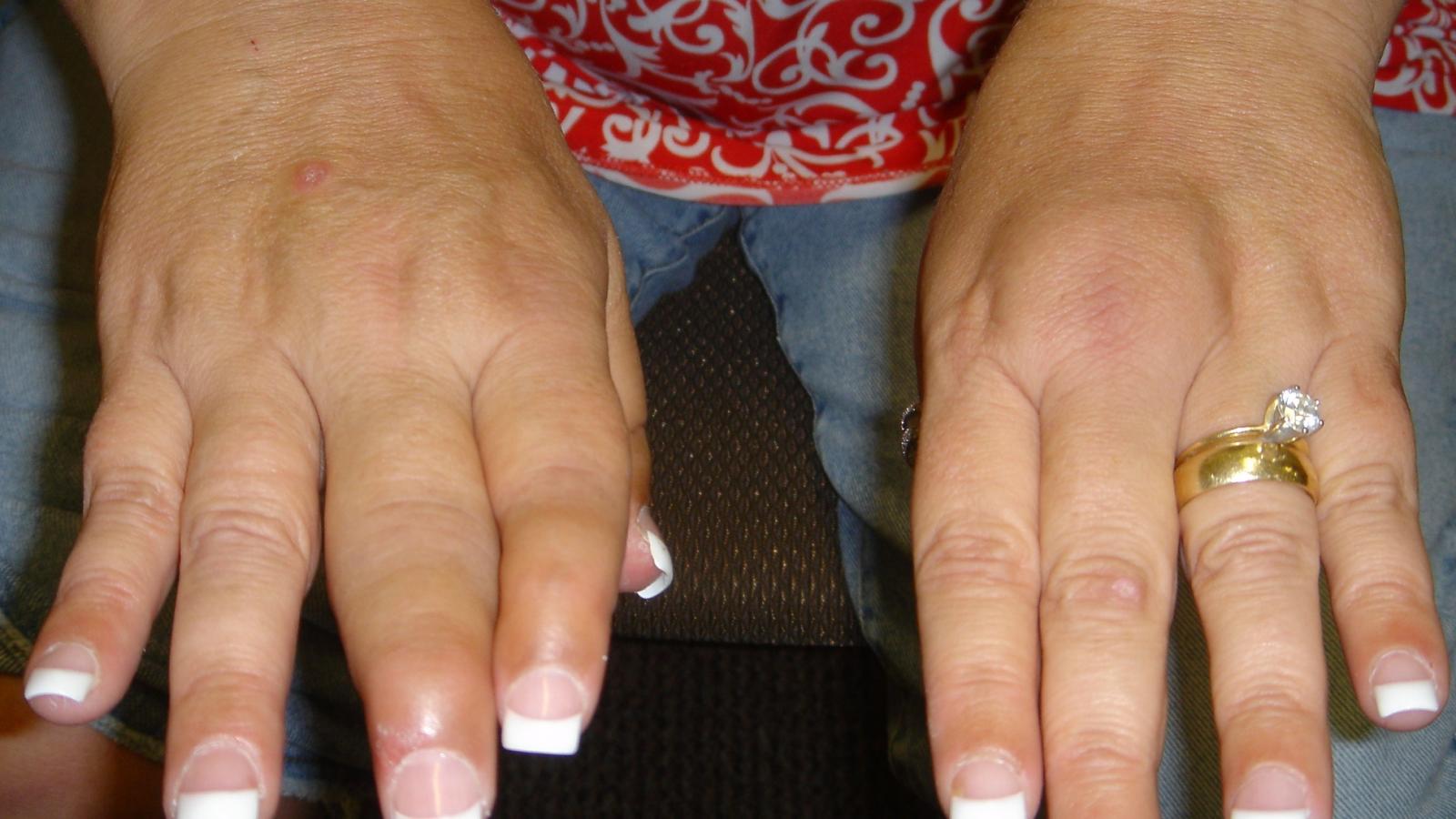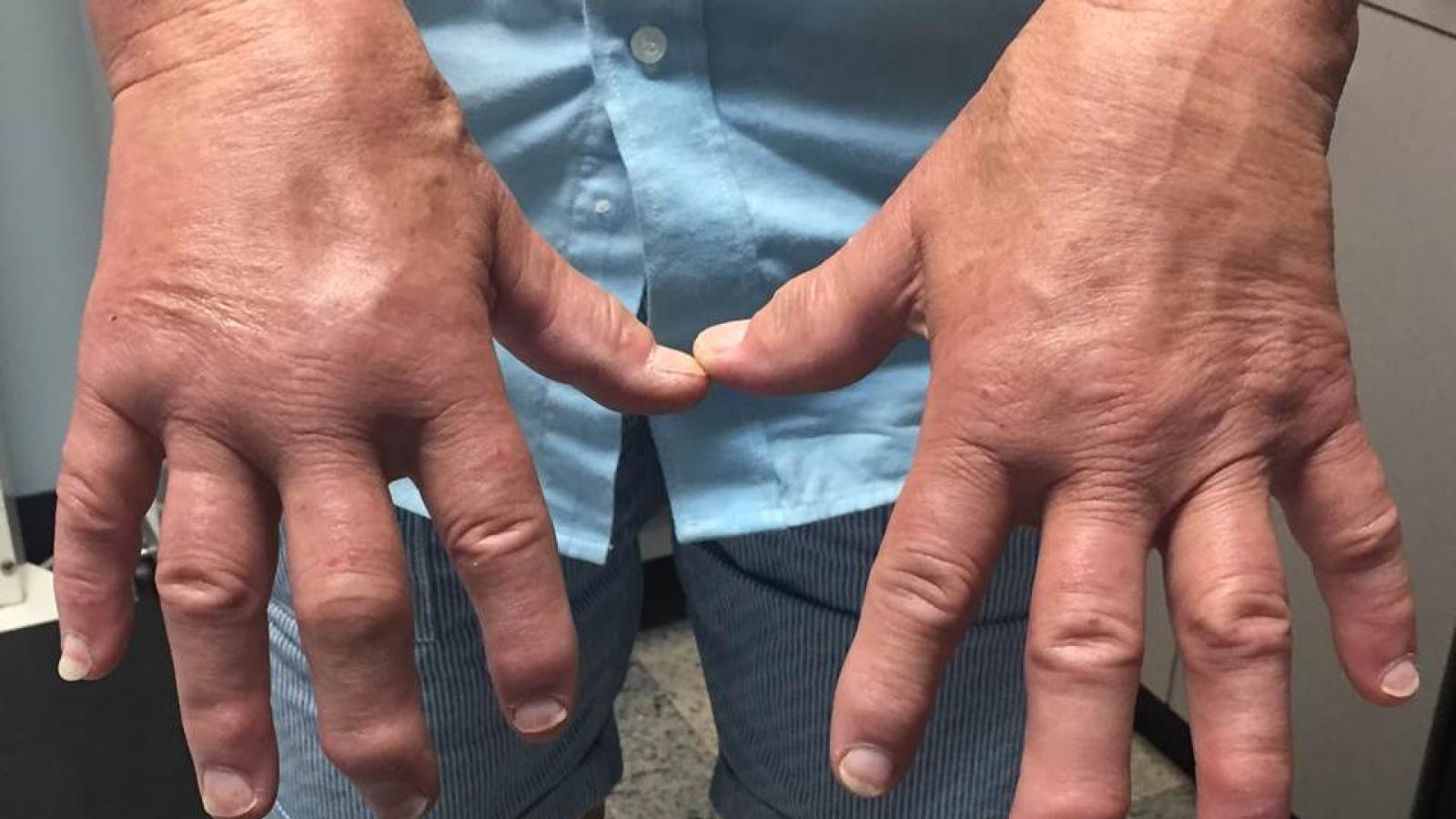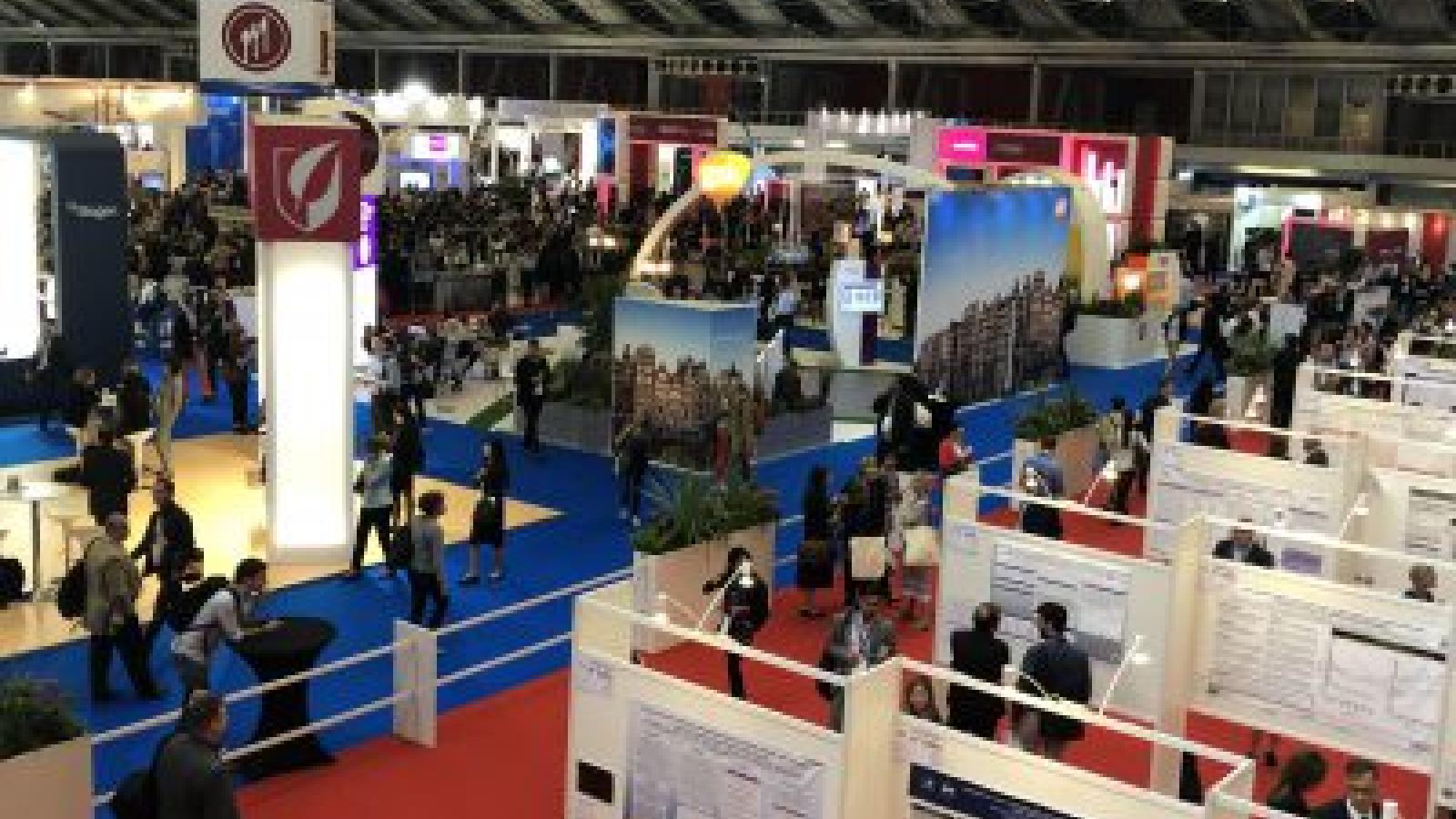Psoriatic arthritis
Different factors are known to influence disease characteristics and outcomes in psoriatic arthritis (PsA). Recently, there is new evidence that sex-related differences play a role not only in disease manifestations but also in efficacy and safety of treatments as well as outcomes and prognosis.
Bimekizumab (BKZ) is a monoclonal IgG1 antibody that selectively inhibits interleukin (IL)‑17A and F. There have been more updates on the 2 year data on BKZ at #ACR24, and this is a summary of four studies being presented this year at ACR24.
Unlike traditional imaging techniques, MSUS can be easily used at the point-of-care and offers high-resolution images of joints, tendons, and soft tissues, facilitating the early detection of inflammation and structural damage. On Saturday, November 16th at the ACR Convergence 2024, Dr. Veena Ranganath, Dr. Gurjit Kaeley, and Dr. Catherine Bakewell will present the “Proposed ACR Guidance for Use of Musculoskeletal Ultrasound in Rheumatoid and
Similar to JAKs, TYK2 is an important mediator of innate and adaptive immune activation. Unlike JAKs, however, TYK2 is thought to play a minimal role in other pathways, such as metabolic and hematopoietic axes. Therefore, it is hypothesized that TYK2-targeted agents could be effective in rheumatic disease, with a potential for less off-target adverse effects. Zasocitinib is a new, oral TYK2 inhibitor generated using artificial intelligence-
Despite the remarkable expansion of the therapeutic armamentarium for psoriatic arthritis (PsA), the MONITOR-PsA study highlights a persistent and critical issue: delays in diagnosis. The study findings are stark, with about 25% of patients having erosions at diagnosis.
Recent advancements in targeted therapies, including selective inhibitors of key inflammatory pathways, offer promising outcomes for patients with active psoriatic arthritis (PsA). At ACR 2024, there have been further developments in novel therapies in PsA. Three innovative treatments: Zasocitinib, Vunakizumab, and Sonelokimab, as detailed in recent phase 2 trials, were presented at ACR 2024.
Different factors are known to influence disease characteristics and outcomes in psoriatic arthritis (PsA). Recently, there is new evidence that sex-related differences play a role not only in disease manifestations but also in efficacy and safety of treatments as well as outcomes and prognosis.
We now have an absolute plethora of agents available for use in psoriatic arthritis (PsA). In contrast we have an almost complete lack of understanding of how best to optimise use of these agents – what is the right agent at the right time for the right patient. A study presented this week has given us some further information on the topic.
ACR Convergence 2024 opened today with a full slate of presentations, posters and specialty meetings. The meeting began with a flip: the plenary sessions started at 9AM and the poster session began at 1030 AM. Below are some of the highlights from day one in Washington, DC.
Bimekizumab (BKZ) is a monoclonal IgG1 antibody that selectively inhibits interleukin (IL)‑17A and F. There have been more updates on the 2 year data on BKZ at #ACR24, and this is a summary of four studies being presented this year at ACR24.
Unlike traditional imaging techniques, MSUS can be easily used at the point-of-care and offers high-resolution images of joints, tendons, and soft tissues, facilitating the early detection of inflammation and structural damage. On Saturday, November 16th at the ACR Convergence 2024, Dr. Veena Ranganath, Dr. Gurjit Kaeley, and Dr. Catherine Bakewell will present the “Proposed ACR Guidance for Use of Musculoskeletal Ultrasound in Rheumatoid and
ACR24 Begins today. Many of the great presentations for this meeting come from industry sponsored clinical trials and reports. Often these become the pivotal studies for regulatory approval and the annual congresses are their first look.


















 Poster Hall
Poster Hall